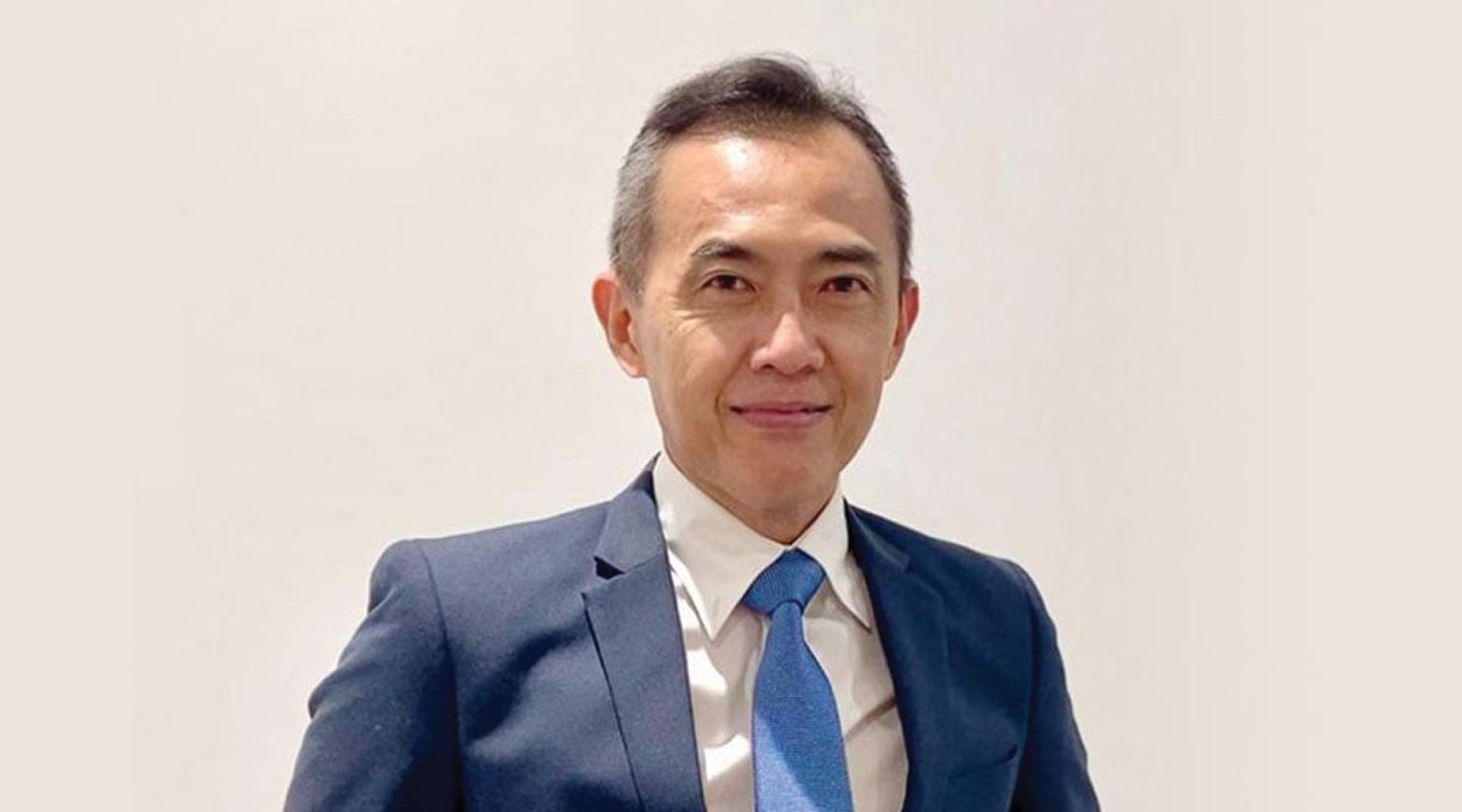Namewee being summoned by the police has set off a frenzy on social media. Prominent lawyer Dato' Lin Zihui refuted netizens' claims that "he'll definitely be doomed," emphasizing that Namewee is currently only in the "assisting with investigation" stage, and has not been formally charged.
He pointed out that the incident has stirred heated online discussion, with many netizens even claiming to be "legal experts" and making incorrect interpretations of the case procedures. He reminded netizens to remain rational, stressing that Namewee’s current detention may simply be for assisting with the investigation.
He also explained that should the police determine Namewee is not involved, he must be released immediately either tomorrow or the day after.
"If there is sufficient evidence, prosecution is required. Whether to release or continue holding someone is a decision made by the judge according to the law, not by the police or the prosecutor."
This afternoon, Lin Zihui posted on Facebook, strongly criticizing that after the Namewee incident broke out, social media was swamped with "countless self-proclaimed legal professionals."
"Claims like the police can’t release Namewee after arrest, or that he’s definitely doomed this time, and all kinds of emotional fallacies."
He also criticized some so-called "internet influencer lawyers" for talking nonsense and stirring up the issue just to gain attention.
"Frankly, a lot of people just don't get it: last night, Namewee was only detained to assist in investigating a possible murder case. He is not a suspect who has been caught and charged!"
Therefore, he especially used Namewee's case as an example in his post to outline police detention procedures, and also to provide a handbook for what to do when summoned or detained by the police, reminding netizens that "the law is not meant to scare people, but to protect those who understand it."
Understanding Detention Procedures — Police Detention Guidelines (Using the Namewee Case as Example)
Latest update: Police have confirmed that singer and director Namewee is a key person summoned and detained due to involvement in the investigation of Taiwanese influencer Hsieh Youxin's murder case.
Latest update: Police have confirmed that singer and director Namewee is a key person summoned and detained due to involvement in the investigation of Taiwanese influencer Hsieh Youxin's murder case.
The case has been reclassified from "sudden death" to murder (Section 302). Police are conducting in-depth investigations: evidence collection, monitoring footage, and drug tests. Murder is classified as a serious crime (sentence over 14 years); the police can legally apply to a magistrate to extend detention, for a maximum of 14 days (first 7 days, then an additional 7 days).
1. When can the police detain you?
According to the Criminal Procedure Code: you can only be legally detained if suspected of a crime and the police have reasonable grounds to believe you are involved. If you are just a witness, police cannot detain you merely to record a statement.
2. Duration and procedure for extension of detention
Type of Offense: Sentence less than 14 years (minor crime) — Maximum detention: 7 days (first 4 days, then extend 3 more days).
Type of Offense: Sentence less than 14 years (minor crime) — Maximum detention: 7 days (first 4 days, then extend 3 more days).
- Type of Offense: Sentence over 14 years (serious crime) — Maximum detention: 14 days (first 7 days, then extend 7 more days).
For example: if Namewee is being investigated for murder (serious crime), police may apply by law for a maximum 14-day extended detention.
3. After the detention period ends
Police must choose to either release the detainee or bring charges in court at the end of the detention period.
Police must choose to either release the detainee or bring charges in court at the end of the detention period.
- If police continue to detain without the magistrate’s approval, this constitutes unlawful detention.
4. Basic rights of detainees
Right to be informed of reasons for detention.
Right to be informed of reasons for detention.
- Right to contact a lawyer.
- Right to notify family members.
- Right to refuse to be threatened or coerced into confessions.
5. What to remember when summoned/detained
Stay calm, do not resist.
Stay calm, do not resist.
- Ask if you are formally arrested and the reasons why.
- Record officers’ names, badge numbers, and time.
- Request to contact a lawyer immediately.
- If you suspect unlawful detention, you may apply to the court for a writ of habeas corpus.
Disclaimer: This article serves as a procedural explanation and news reference only and does not constitute legal advice. For legal issues, please consult a practicing lawyer.
